Home>Ideas and Tips>Solar Water Heater Setup for Eco-Friendly Hot Water Solutions
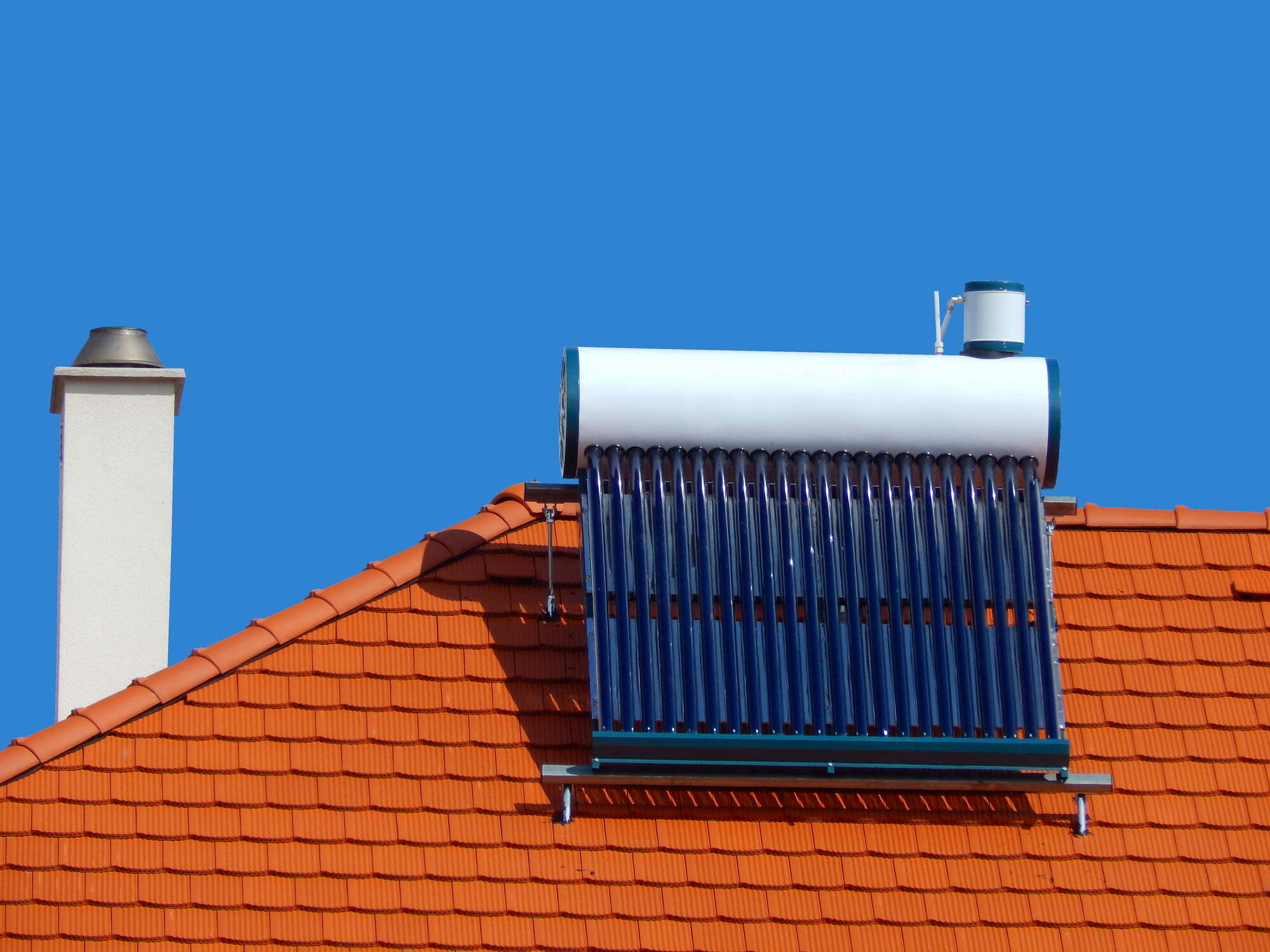

Ideas and Tips
Solar Water Heater Setup for Eco-Friendly Hot Water Solutions
Modified: October 28, 2024
Discover the benefits of solar water heaters and learn how to set up an eco-friendly system to save energy and reduce your carbon footprint.
(Many of the links in this article redirect to a specific reviewed product. Your purchase of these products through affiliate links helps to generate commission for Storables.com, at no extra cost. Learn more)
In today's world, where sustainability and environmental conservation are at the forefront of our minds, finding eco-friendly solutions for everyday needs is crucial. One of the most significant household expenses is heating water, which often relies on traditional methods that consume a lot of energy and contribute to greenhouse gas emissions. However, there is a more sustainable and cost-effective way to meet your hot water needs: solar water heaters. In this article, we will delve into the world of solar water heaters, exploring their benefits, the different types of systems available, and a step-by-step guide on how to set one up.
The Benefits of Solar Water Heaters
Solar water heaters are an excellent way to harness the power of the sun, reducing your energy bills and minimizing your carbon footprint. These systems use solar energy to heat water for residential use, utilizing renewable energy instead of relying on fossil fuels. Here are some key benefits of choosing solar water heaters:
- Energy Savings: Solar water heaters can save you up to 90% on your water bill, making them a highly cost-effective solution for hot water needs.
- Environmental Impact: By using solar energy, you significantly reduce your reliance on fossil fuels, thereby lowering greenhouse gas emissions and contributing to environmental conservation.
- Long-Term Investment: Although the initial investment in a solar water heater may be higher than traditional systems, the long-term benefits in terms of energy savings and reduced environmental impact make them an attractive option for many homeowners and businesses.
- Increased Property Value: Installing a solar water heater can increase the value of your property, especially in regions where sustainable living is highly valued.
- Government Incentives: Many regions offer incentives such as tax credits or rebates for those who install renewable energy systems, further enhancing your investment.
Read more: How To Build A Solar Water Heater
Understanding Solar Water Heaters
A solar water heater is a system that captures sunlight and converts it into heat, which is then used to warm water for your home. These systems typically consist of solar collectors installed on your rooftop and an insulated storage tank to store the heated water. Here’s a breakdown of the components involved:
- Solar Collectors: These are the panels or tubes that capture sunlight and transfer the heat to the water. They are usually mounted on the roof and angled correctly to maximize sun exposure.
- Storage Tank: This is where the heated water is stored until it is needed. The tank is typically insulated to minimize heat loss and ensure that the water remains hot for a longer period.
- Pump and Controller (Active Systems): In active systems, a pump circulates water through the solar collectors, increasing efficiency but also adding complexity and cost.
- Insulation and Plumbing: Proper insulation of pipes and storage tanks is crucial to maintain efficiency. Regular maintenance checks for leaks and corrosion are also essential.
Types of Solar Water Heaters
Solar water heaters come in two main types: active and passive systems.
Active Systems
Active systems use pumps to circulate water through the solar collectors, making them more efficient but also more complex and expensive. These systems are ideal for households with high hot water demands and are often used in regions with abundant sunlight.
Passive Systems
Passive systems rely on natural convection to circulate water, making them simpler and less expensive than active systems. However, they may not be as efficient in colder climates or during periods of low sunlight.
Read also: 12 Best Solar Water Heater for 2025
Assessing Your Needs and Site
Before installing a solar water heater, it is crucial to assess your household’s hot water needs and the suitability of your site. Here’s how you can do it:
- Calculate Hot Water Needs: Determine the amount of hot water you use daily to determine the size of the solar water heater you require.
- Evaluate Your Property: Identify the best location for the solar collector. Ideally, this should be a south-facing roof or wall that receives ample sunlight throughout the day. If your roof isn’t suitable, ground-mounted systems are also an option.
- Consider Climate and Sun Exposure: The effectiveness of a solar water heater depends on the climate and sun exposure. In regions with high sunlight, passive systems might be sufficient, while active systems might be more suitable in areas with less sunlight.
Choosing the Right System
Choosing the right solar water heater system involves considering several factors:
- Household Size and Water Usage: Larger households with higher water demands require more powerful systems.
- Available Roof Space: The size of your roof will determine the size of the solar collector you can install.
- Budget and Maintenance Preferences: Active systems are generally more efficient but also more complex and expensive. Passive systems are simpler but may not be as efficient in all conditions.
- Local Regulations and Incentives: Research local regulations and incentives before installing an eco-friendly solar water heater, as these can vary by region.
Professional Installation
While some DIY enthusiasts may be tempted to install their solar water heaters, it’s highly recommended to hire a professional installer. Proper installation is crucial for the efficiency and longevity of your system:
- Secure Mounting: Ensure that the solar collector is securely mounted to withstand weather conditions and ensure optimal performance.
- Correct Plumbing: Ensure that all plumbing connections are correctly made to prevent leaks and ensure efficient water circulation.
- Insulation and Permits: A professional will ensure that the system is properly insulated and that all necessary permits and inspections are completed, ensuring compliance with local building codes and regulations.
Regular Maintenance
Once your solar water heater is installed, regular maintenance is key to keeping it running efficiently:
- Inspect the System: Periodically inspect the system for any leaks, corrosion, or damage to the solar collector.
- Clean the Collector Surfaces: Clean the collector surfaces regularly to remove dirt and debris that can reduce efficiency.
- Schedule Annual Check-Ups: Schedule annual check-ups with your installer to ensure all components are functioning correctly and to address any potential issues before they become major problems.
Read more: How To Maintain Hot Water Heater
Integrating With Existing Systems
Solar hot water systems can be integrated with existing water heating setups to provide a complete solution for your hot water needs:
- Supplementing Conventional Water Heaters: Most solar hot water systems are designed to work in conjunction with conventional water heaters. This integration ensures a consistent supply of hot water, even during periods of low sunlight or high demand.
- Compatibility With Home Heating: In some cases, solar water heating systems can be integrated with home heating systems, particularly radiant floor heating or hydronic systems. However, this integration is more complex and may not be as efficient as dedicated space heating solutions.
Future Innovations in Solar Hot Water Technology
The field of solar hot water technology continues to evolve with ongoing research and development aimed at improving efficiency and expanding applications:
- Advanced Materials for Solar Collectors: Future innovations may focus on advanced materials for solar collectors, improving heat absorption and retention.
- More Efficient Heat Transfer Fluids and Mechanisms: Improved heat transfer fluids and mechanisms could lead to systems that perform better in low-light conditions and maintain higher water temperatures for longer periods.
- Smart Home Integration: As smart home technology becomes more prevalent, solar hot water systems are likely to become more integrated with overall home energy management systems. This could include real-time monitoring and optimization of hot water production and usage, integration with weather forecasting to predict solar energy availability, and coordination with other renewable energy systems in the home.
Conclusion
Installing a solar water heater is a smart investment for your home and the environment. By following these steps and considering the various factors involved, you can enjoy reliable, eco-friendly hot water for years to come. Whether you’re looking to reduce your carbon footprint or cut energy costs, solar water heating provides a sustainable alternative to traditional water heating methods. So why not harness the power of the sun today and make a positive impact on both your household and the environment?
Ready to Go Solar?
If you’re ready to take the first step towards sustainable living, here’s what you can do:
- Research Local Regulations and Incentives: Understand the local regulations and incentives available for installing renewable energy systems.
- Assess Your Needs and Site: Calculate your hot water needs and evaluate the suitability of your site for a solar water heater.
- Choose the Right System: Consider factors like household size, water usage, available roof space, budget, and maintenance preferences when choosing a system.
- Hire a Professional Installer: Ensure proper installation by hiring a professional who can secure mounting, correct plumbing, and ensure compliance with local building codes.
- Regular Maintenance: Regularly inspect the system for leaks or damage and clean the collector surfaces to maintain efficiency.
By following these steps carefully, you can successfully harness the sun’s energy to heat your water efficiently and enjoy long-term benefits for both your household and the environment.
Read more: How To Fill A Hot Water Heater
Final Words
Hence, installing an eco-friendly rooftop solar water heater can significantly reduce your energy costs while promoting sustainable living. By following the outlined steps carefully, you can successfully harness the sun’s energy to heat your water efficiently. Remember to consider factors like location, maintenance, and system integration to maximize your investment. With the right approach, you can enjoy long-term benefits for both your household and the environment, making a positive impact from your rooftop.
Take pride in your decision to go green and embrace this renewable energy solution. Whether you’re looking to reduce your carbon footprint or cut energy costs, solar water heating provides a sustainable alternative to traditional water heating methods. So why not harness the power of the sun today and make a positive impact on both your household and the environment?
Was this page helpful?
At Storables.com, we guarantee accurate and reliable information. Our content, validated by Expert Board Contributors, is crafted following stringent Editorial Policies. We're committed to providing you with well-researched, expert-backed insights for all your informational needs.
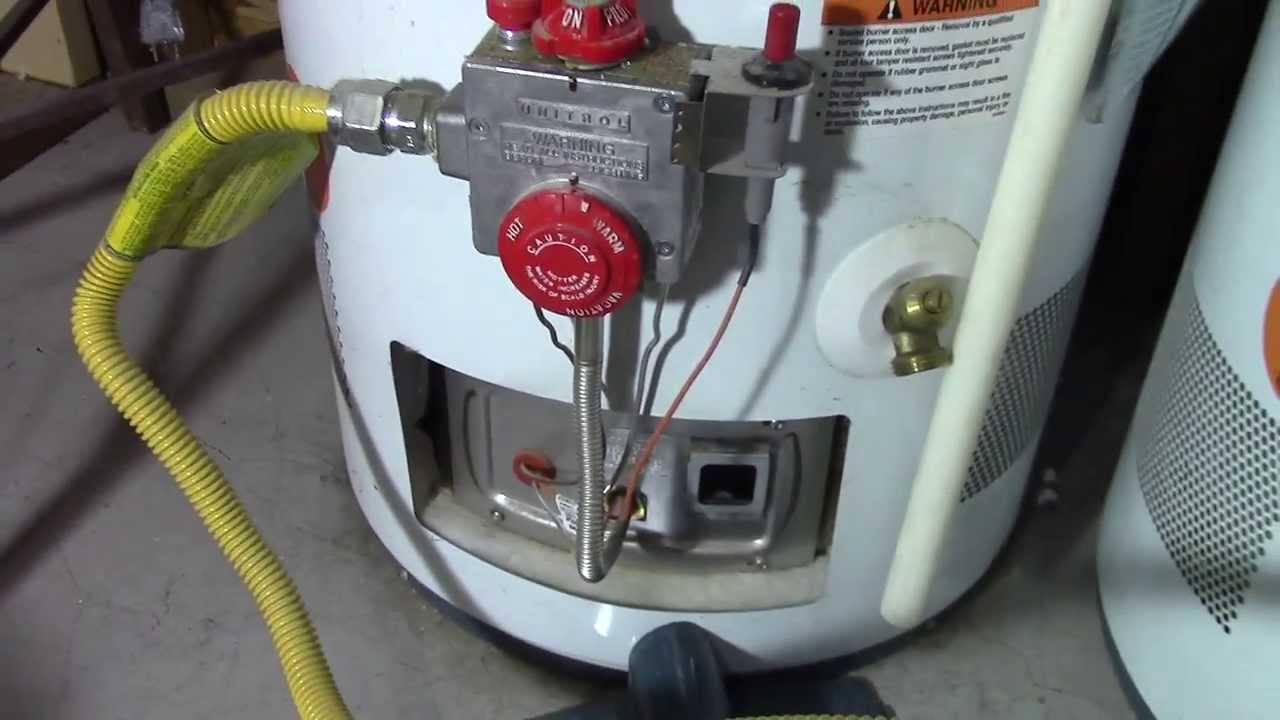
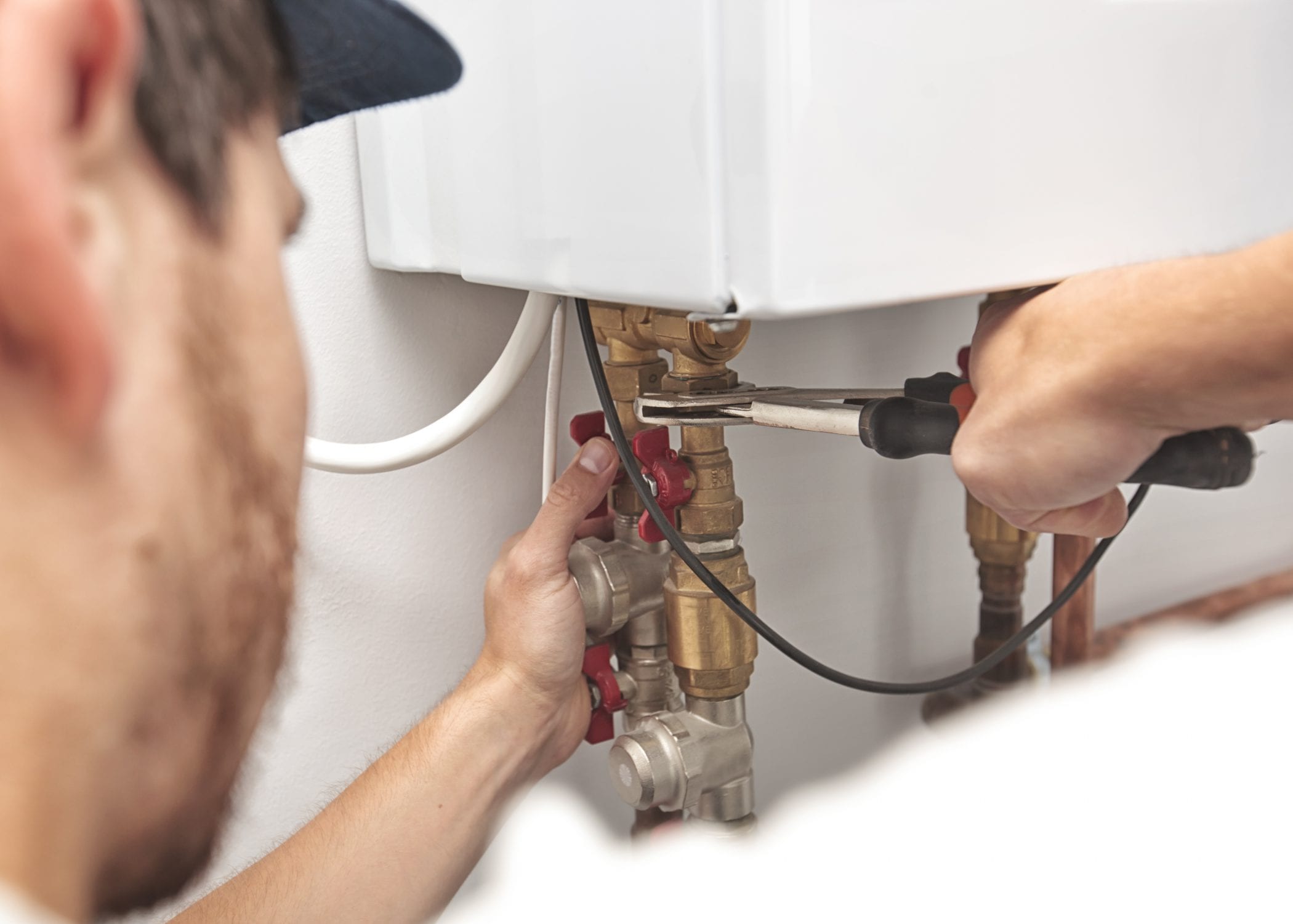
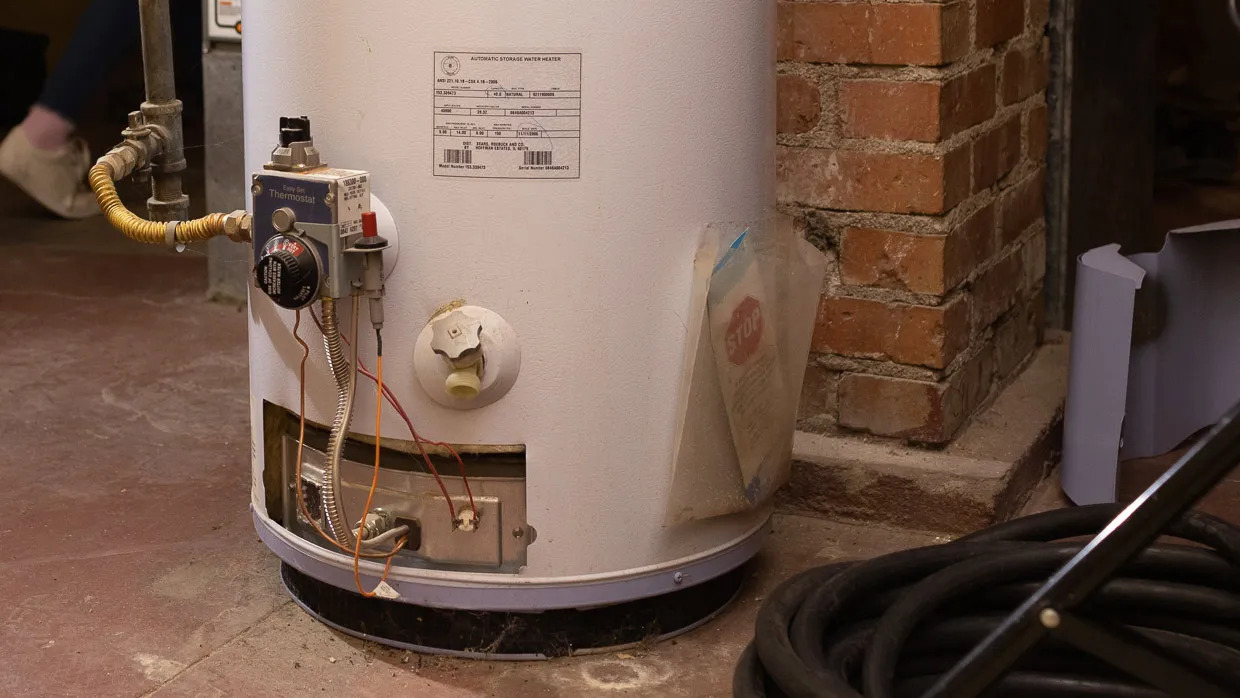
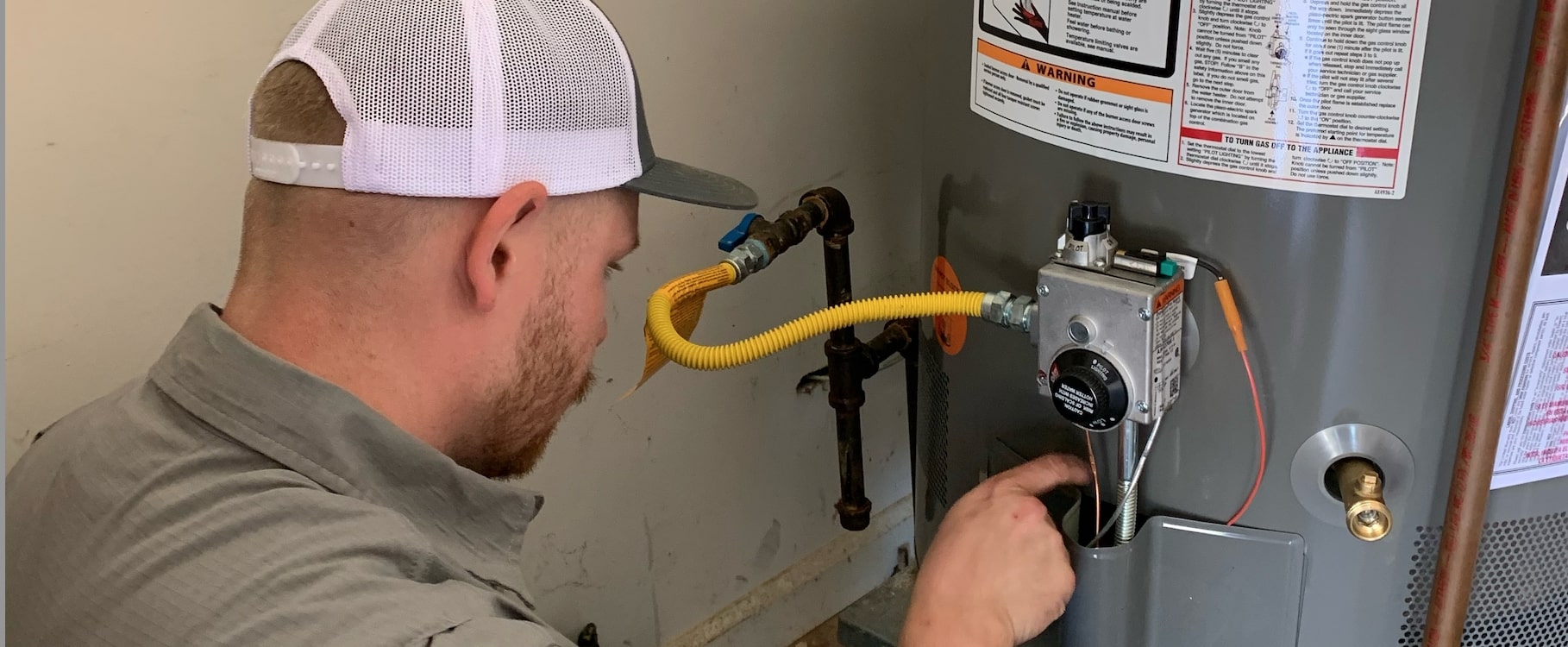

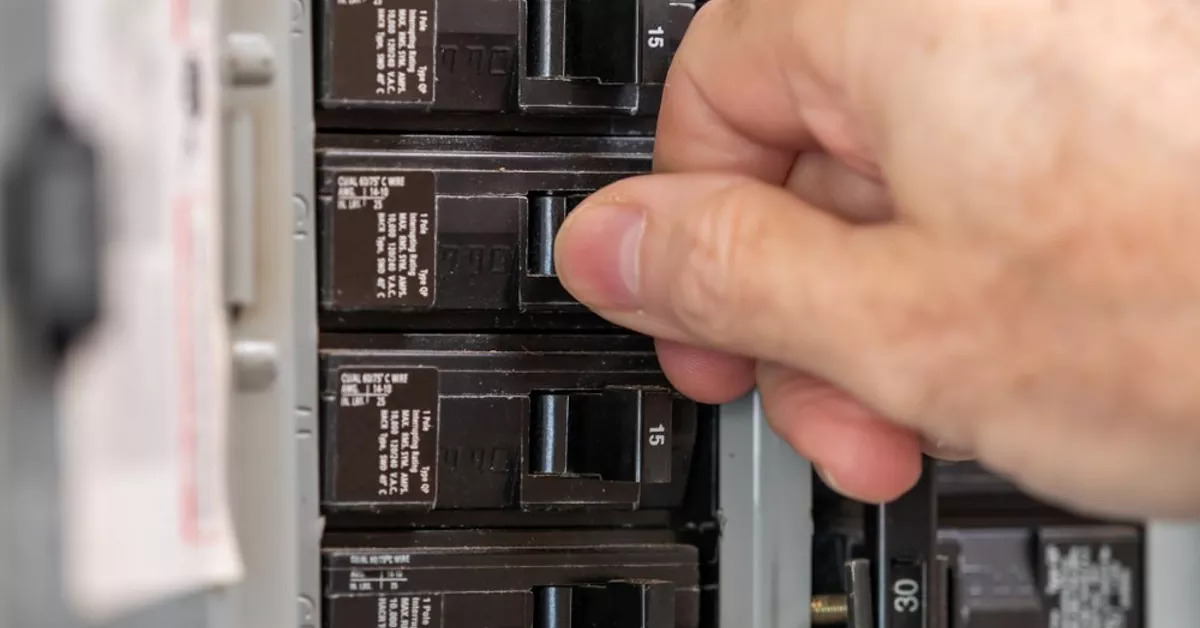
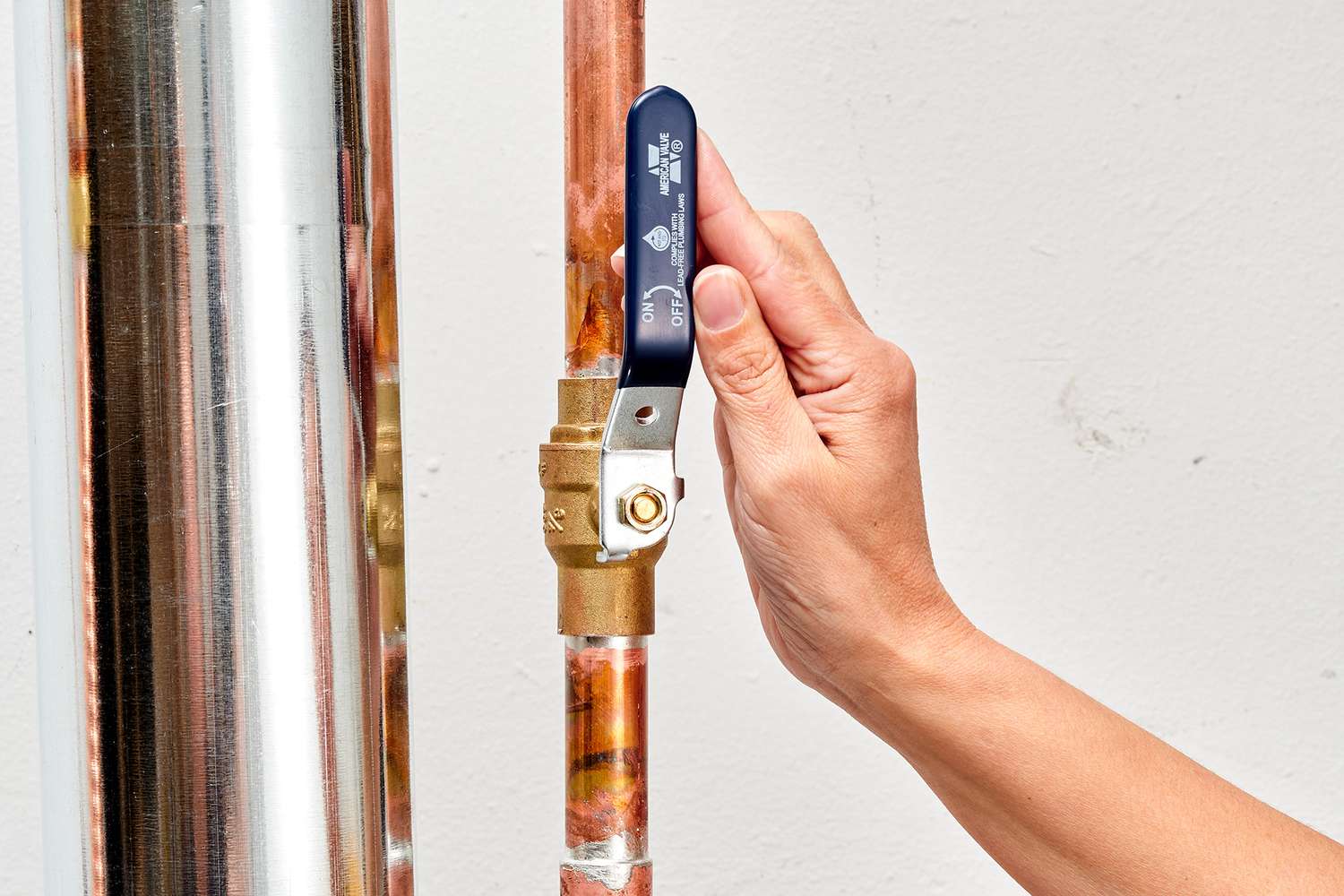
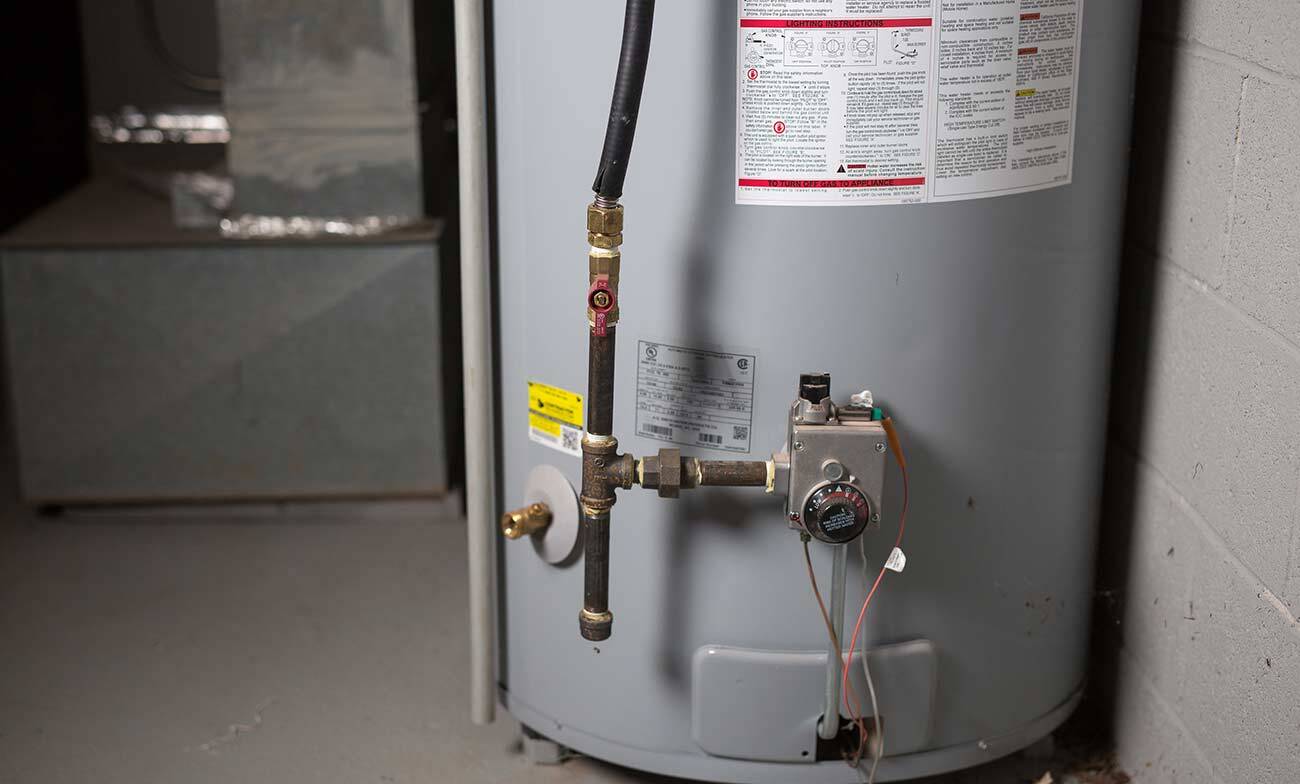
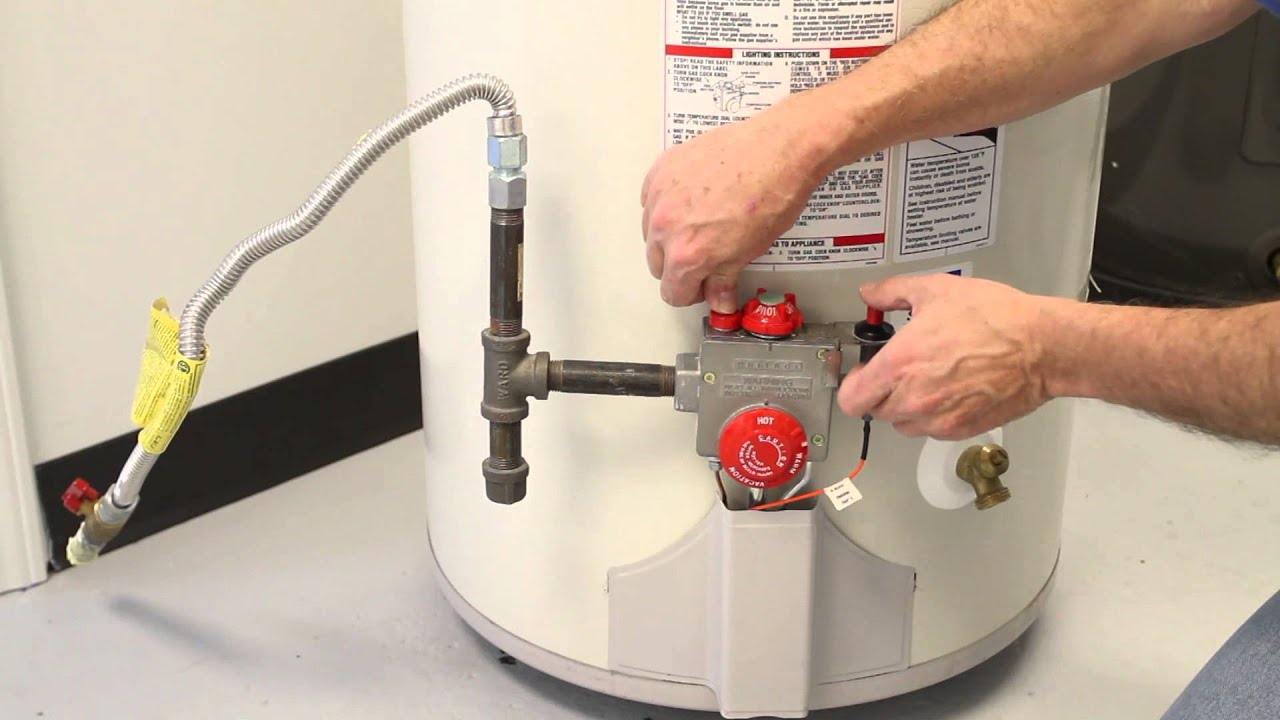
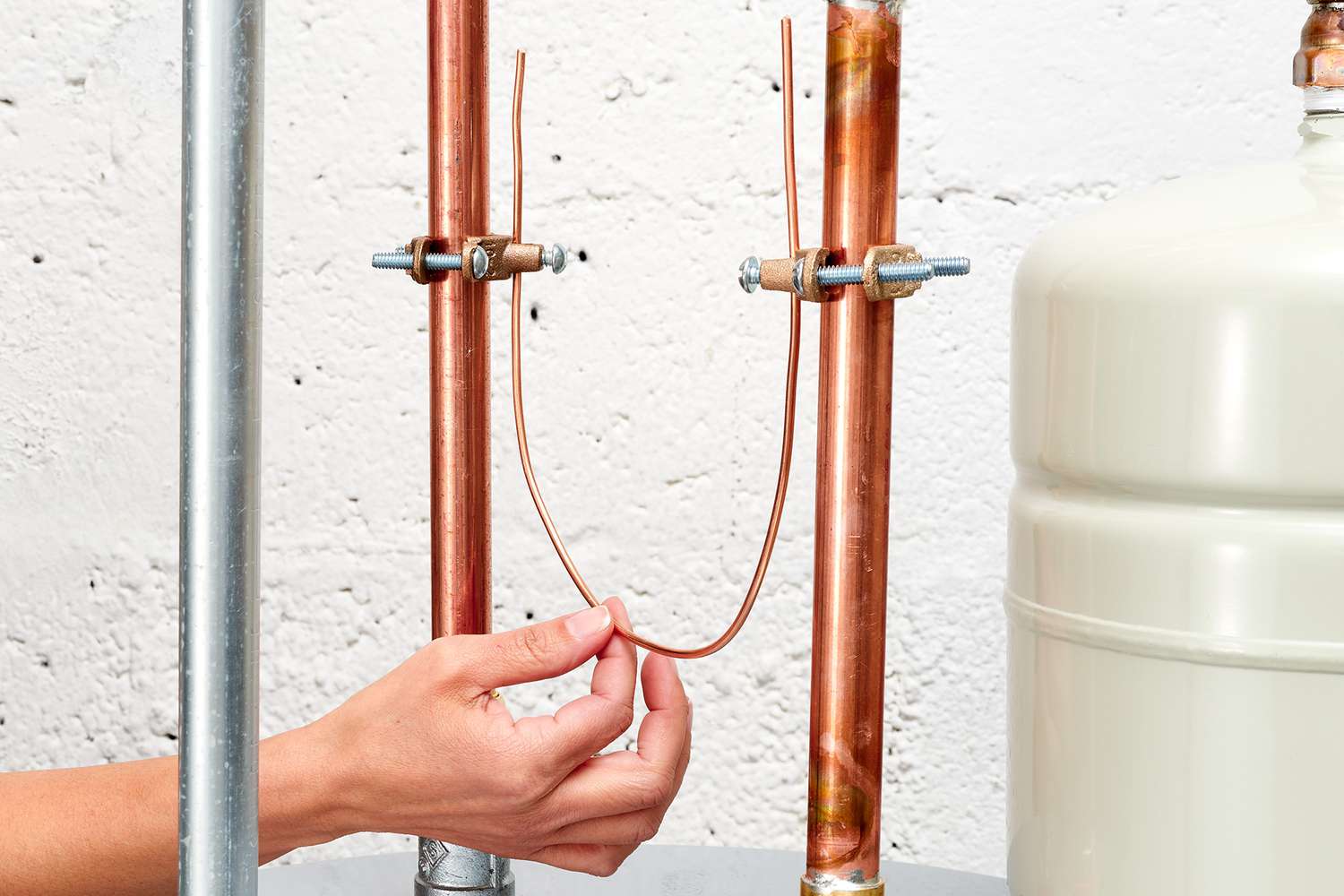
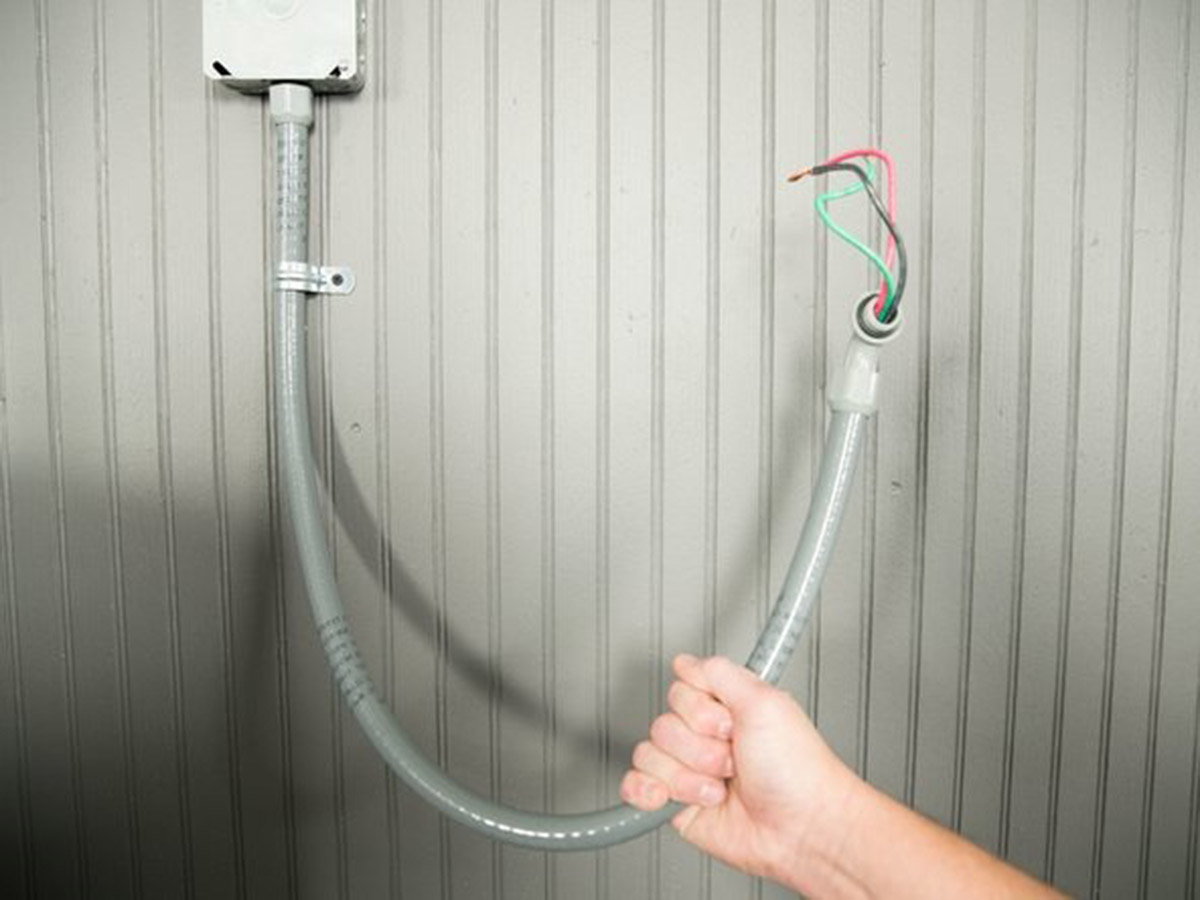
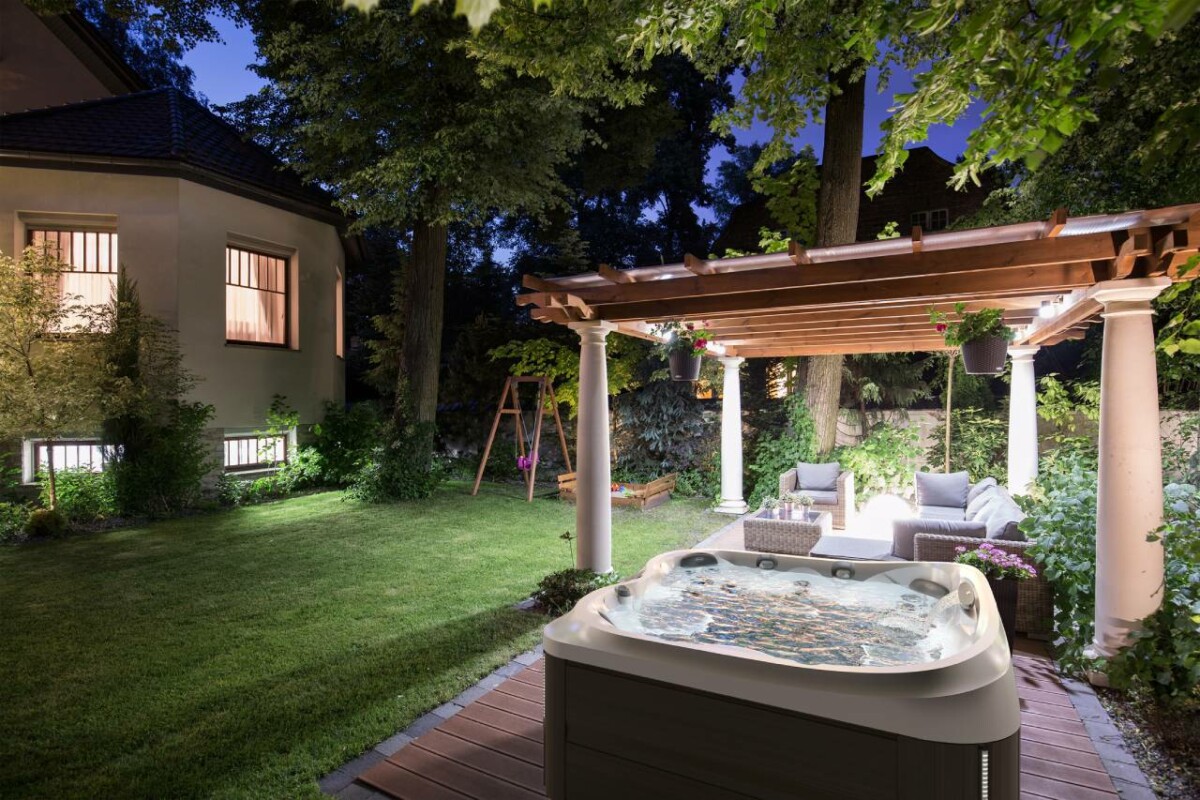

0 thoughts on “Solar Water Heater Setup for Eco-Friendly Hot Water Solutions”